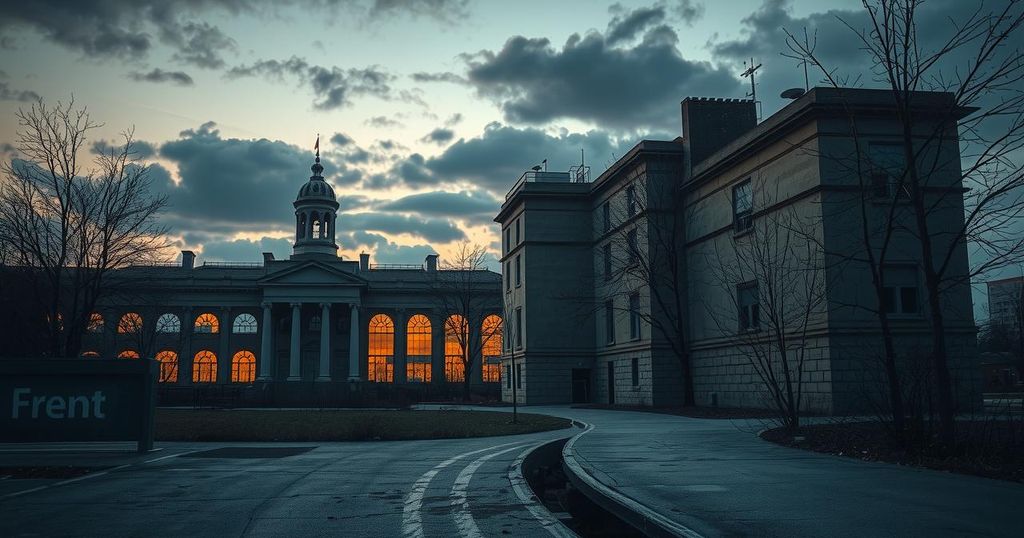Lukashenko’s Seventh Term: A Sham Election Amidst Brutal Democracy in Belarus

Belarusian President Alexander Lukashenko won a widely criticized election, securing a seventh term with 86.8 percent of the vote amidst allegations of fraud and suppression of dissent. The regime’s tactics have led to the eradication of opposition voices and a climate of fear, while international observers have deemed the election undemocratic, resulting in sanctions from the EU, UK, and Canada.
Belarusian President Alexander Lukashenko has been declared the winner of the recent presidential election, securing his seventh consecutive term with 86.8 percent of the votes cast on January 26, amidst allegations of widespread fraud. The Central Election Committee reported a turnout exceeding 85 percent, allowing Lukashenko to extend his rule until at least 2030.
During a lengthy press conference following the election, President Lukashenko referred to Belarus as a “brutal democracy” and dismissed claims that meaningful political alternatives were absent from the ballot. The challenger reportedly received a mere three percent of the total votes, prompting criticism from many observers outside Belarus.
Pavel Slunkin, a former Belarusian diplomat in exile, questioned the legitimacy of the election, stating, “I wouldn’t use the word election. The result doesn’t depend on what people think.” A similar sentiment was echoed by Mikhail Savva, a former Russian political prisoner, who emphasized that genuine political opposition has been systematically dismantled.
This election follows the 2020 presidential vote, which sparked significant public protests resulting in a violent crackdown, leading to thousands of arrests and forcing many opposition figures, including Svetlana Tikhanovskaya, into exile. She characterized the recent election as “yet another political farce.”
The timing of this election was deliberately moved from August to January to minimize the risk of protests in the challenging winter weather, according to some analysts. They argue that Lukashenko, much like Russian President Vladimir Putin, has effectively silenced potential dissidents, leaving the populace fragmented and unable to mobilize.
The pervasive fear in Belarus has made protests virtually impossible. Slunkin remarked, “If I was in Belarus right now, I wouldn’t be able to talk to you,” highlighting the oppressive atmosphere stifling any dissent. Currently, there are 1,245 political prisoners according to human right groups.
Though Lukashenko has issued pardons for 250 political prisoners, Savva cautions that this may be a strategic move aimed at alleviating international pressure rather than a genuine act of compassion. His administration is said to be keenly aware of the precariousness of its power amid the shifting dynamics influenced by Russia.
International responses to the election have been overwhelmingly critical, with Western nations denouncing it as non-compliant with fair election standards. The UN Group of Independent Experts on Belarus indicated that the absence of international observers disqualified the election from being genuinely democratic, leading to sanctions imposed by the EU, UK, and Canada on Belarusian officials.
As incidents of repression conflate both those inside Belarus and the expat community, Slunkin has noted the regime’s intentions to harm dissidents abroad. The European Commission has recognized this ongoing repression and has encouraged EU member states to facilitate legal protections for Belarusian citizens living in exile.
In summary, President Alexander Lukashenko has maintained his position as Belarusian leader, with his recent election widely criticized by international observers as fraudulent and devoid of genuine democratic processes. The systemic suppression of political opposition continues to marginalize dissent, while the regime’s strategic moves aim to consolidate power amidst external pressures. The international community remains vigilant, advocating for protections for those affected by these repressive measures.
Original Source: www.ibanet.org








